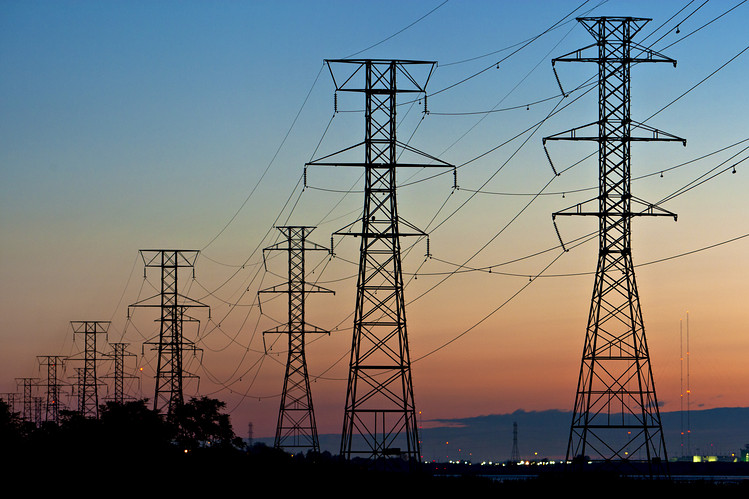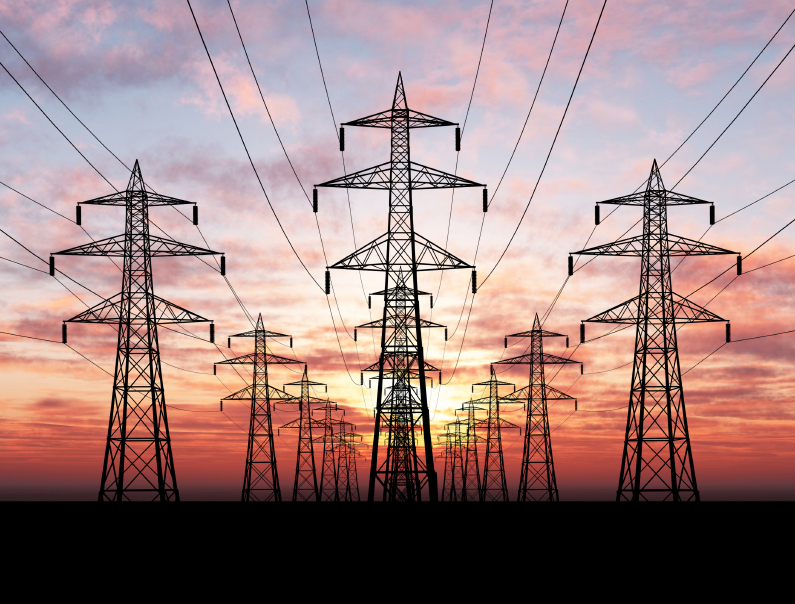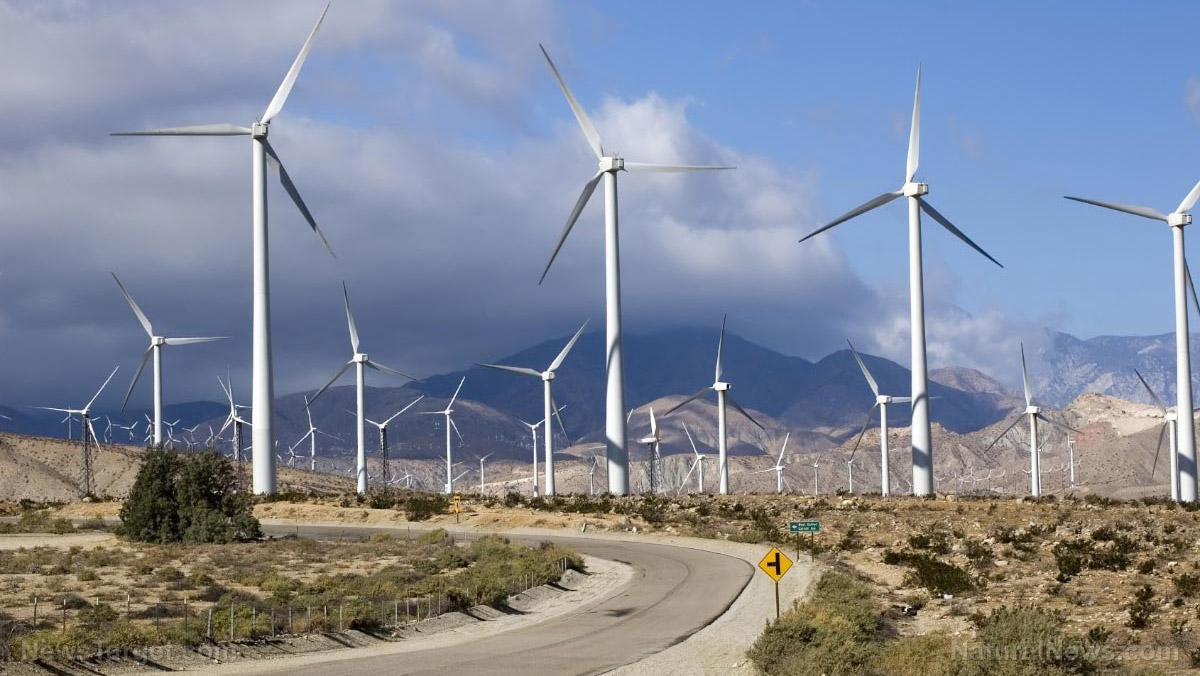America’s largest grid operator SAVED by natural gas, coal and nuclear power as temperatures exceed 100 degrees Fahrenheit
08/03/2023 / By Kevin Hughes

Natural gas, coal and nuclear power have saved PJM Interconnection, the largest grid operator in the U.S., as temperatures exceed 100 degrees Fahrenheit across the mid-Atlantic.
The Pennsylvania-based PJM serves all or areas of Delaware, Illinois, Indiana, Kentucky, Maryland, Michigan, New Jersey, North Carolina, Ohio, Pennsylvania, Tennessee, Virginia, West Virginia and Washington, D.C.
As temperatures rose over most areas covered by PJM, power prices rose along with it as customers hiked up their air conditioners. PJM’s load forecast at this point reached almost 144,363 megawatts.
To prevent the grid from collapsing, PJM turned to fossil fuels and nuclear power generation, as the energy coming from renewable sources was insufficient to provide for the network’s customers.
PJM’s preliminary peak load was about 148,000 megawatts on Thursday, July 27, and was forecasted to peak at nearly 155,000 megawatts the following day.
At its peak, nearly half of the energy PJM was routing to customers came from natural gas, with the next significant chunks coming from nuclear energy and coal.
Federal and state decarbonization policies affect PJM’s dependability
A study PJM conducted earlier this year noted that the disturbing trend of state and federal decarbonization policies “present increasing reliability risks during the transition, due to a potential timing mismatch between resource retirements, load growth and the pace of new generation entry.”
The study also noted that these federal and state decarbonization policies may have affected PJM’s dependability in recent years. (Related: Power grid operators warn of looming energy shortages thanks to Biden’s “clean energy” policies.)
Meanwhile, a heatwave continued to hit the Midwest, Northeast and South, which forced the biggest U.S. grid operator to announce a level-one emergency for Thursday as tens of millions of people fired up air conditioners to fight sweltering summer heat.
PJM made the announcement as early as Wednesday, July 26. The alert covered 13 states and over 65 million customers from Illinois to New Jersey. It anticipated the demand to reach 153,286 megawatts and almost 186,000 megawatts of generating capacity.
The power mix of the grid showed natural gas, coal and nuclear doing most of the work. Power prices across the grid also seemed normal. The rise in above-average temperatures for the Lower 48 was predicted to peak on Friday and return to normal levels for this period of the year.
The month long heat wave hitting the Southwest was showing no signs of slowing down with more than 128 million Americans under some kind of heat advisory last Thursday.
Portions of the central U.S. and into the Mid-Atlantic and Southern New England were also predicted to experience “dangerous heat.” According to the National Weather Service, heat index values around Raleigh, North Carolina, were expected to reach the low 100s last Thursday, with even warmer conditions anticipated through the weekend.
Follow Power.news for more news about the power grids in America.
Watch the video below that talks about the the largest power grid in America declaring an emergency alert amid the scorching heat.
This video is from the MEGA (Make Earth Great Again) channel on Brighteon.com.
More related stories:
Eastern U.S. power grid declared emergency as freeze wave outages reach more than 1 million people.
Energy commissioner warns: America heading toward power grid “reliability crisis.”
Operators say green energy transition rendered US power grid unreliable, prone to blackouts.
Sources include:
Submit a correction >>
Tagged Under:
chaos, climate, coal, decarbonization, disaster, electricity, energy, energy supply, environment, fossil fuels, fuel supply, green tyranny, natural gas, new energy report, nuclear energy, panic, PJM, power, power grid, renewable energy, renewables, weather terrorism
This article may contain statements that reflect the opinion of the author
RECENT NEWS & ARTICLES
PowerGrid.News is a fact-based public education website published by Power Grid News Features, LLC.
All content copyright © 2018 by Power Grid News Features, LLC.
Contact Us with Tips or Corrections
All trademarks, registered trademarks and servicemarks mentioned on this site are the property of their respective owners.




















